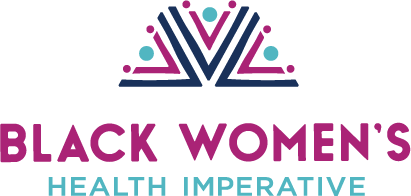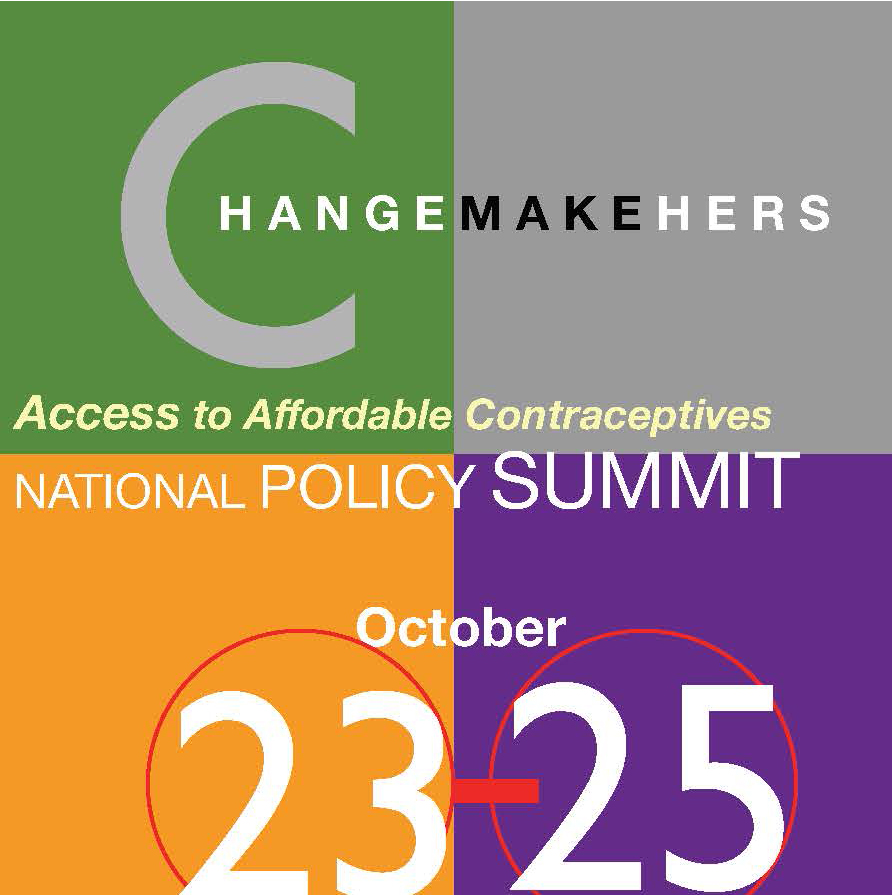OCTOBER 16, 2017- WASHINGTON, DC-The Black Women’s Health Imperative’s My Sister’s Keeper (MSK) program is announcing its first National Policy Summit in Washington, DC from October 23-25, 2017. Co-sponsored by Congresswoman Joyce Hannah Beatty (D-OH), Congresswoman Yvette D. Clarke (D-NY), and the Congressional Caucus on Black Women and Girls, BWHI will host 42 college students primarily from Historically Black Colleges and Universities around the country to engage with policy experts and members of Congress on the issue of reproductive justice.
During this summit, the young women will have the opportunity to engage with a broad range of policy experts through speaker presentations, panel discussions, training workshops and mock Hill visits, including a keynote address from former Baltimore Mayor Stephanie Rawlings-Blake. The summit concludes with a trip to Capitol Hill, where the students will discuss the importance of reproductive health services with their Congressional representatives using the knowledge and skills they have gained during the summit.
“There has never been a more important time for young college women to be a voice for their health and, specifically, reproductive justice,” says Linda Goler Blount, President and CEO of BWHI. “Through this event, students will gain a deep understanding of the importance of being engaged in public policy and advocacy and will develop the skillsets and confidence necessary to become powerful advocates.”
About My Sister’s Keeper
My Sister’s Keeper (MSK), is a leadership-building initiative for Black women in college, that promotes reproductive justice, builds advocates, and graduates leaders. Sexual violence, unintended pregnancy, and the consequences of risky sexual behavior are among the leading causes that women drop out of college.
The most common age when a woman first experiences intimate partner violence is ages 18 to 24, and about 22% of Black women, compared to 18.8% of white women, have experienced rape at some point in her life. It was also found that 79 per 1,000 Black women experienced an unintended pregnancy, compared to 33 per 1,000 for non-Hispanic white women. These statistics are unacceptable. Through programming and policy changes, MSK seeks to change the narrative and allow Black women to live to their full potential, free from violence and limitation.
MSK students are passionate about advocacy, at both the state and federal levels, and want to engage with their policymakers, in order to share their personal stories and testimonies about the importance of affordable access to reproductive health services, including contraceptives. With chapters around the country, we are creating a national network of student advocates who understand and can speak to the importance of reproductive justice for Black women.


